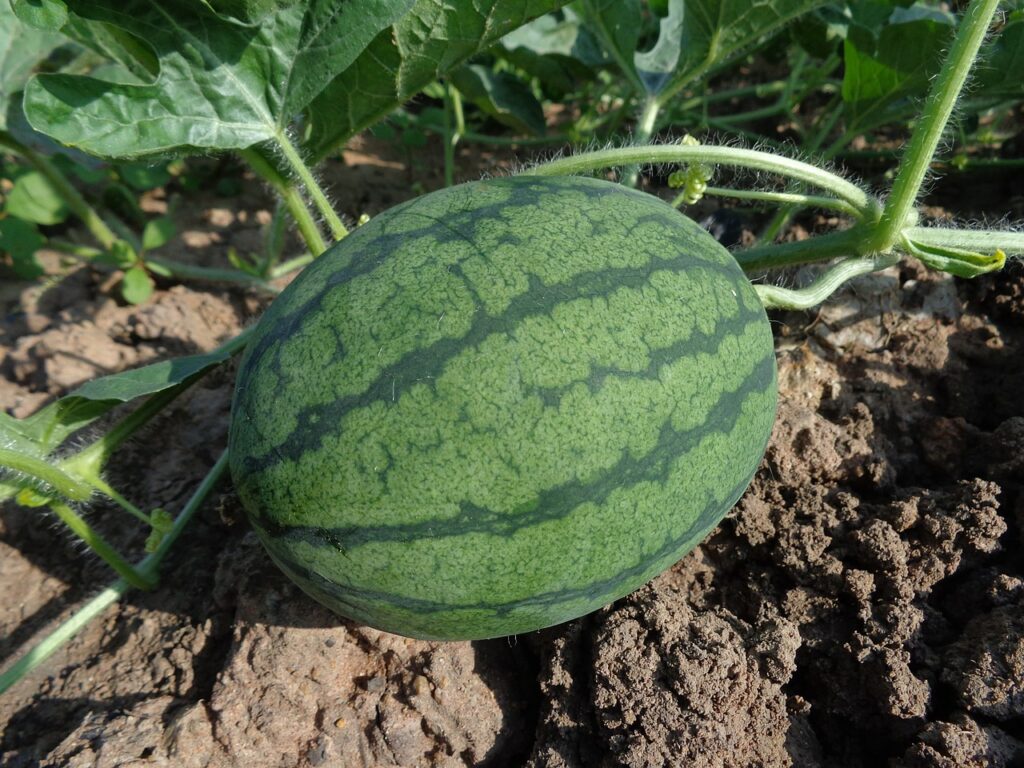
A farmer in Neo Agioneri, Kilkis (a city in Central Macedonia) has found the perfect way to grow sweet watermelons and his trick is playing classical music to them.
Panagiotis Giltidis, is one of the country's thousands of fruit growers.
He says that these watermelons are sweeter than others.
According to AMNA, Giltidis planted the seeds this year on March 17, the same week it snowed. As a result, the plants were "shocked" due to adverse weather conditions. However, he did not stop for a single day playing the music.

"When you become one with nature, it responds. Your watermelon is talking to you, strange as it may seem to some people, I've been living it for years and I feel it every day," he said.
The farmer also admitted that he sings to his watermelons. "Nothing specific, but I usually prefer classical music, which has a positive effect on plants," he says.
Watermelon is low in calories but high in water, making it a perfect summer snack. Each juicy bite also has significant levels of vitamins A, B6 and C, lots of lycopene, antioxidants and amino acids.

Giltidis feels like a watermelon charmer and knows almost all their secrets. "When the producer cuts the watermelon through the field, he can 99% understand from the stalk whether it is ready or not. Of course, there is the hollow sound that can be heard if you hit it, but the safest way to understand that it is delicious is when it produces something like honey in the stalk, which means that it will be as sweet as honey!"
Several studies have questioned how music effects plant growth. In 1962, Dr. T. C. Singh, head of the Botany Department at India's Annamalia University, experimented with the effect of musical sounds on the growth rate of plants. He found that balsam plants grew at a rate that accelerated by 20% in height and 72% in biomass when exposed to music. He initially experimented with classical music.


